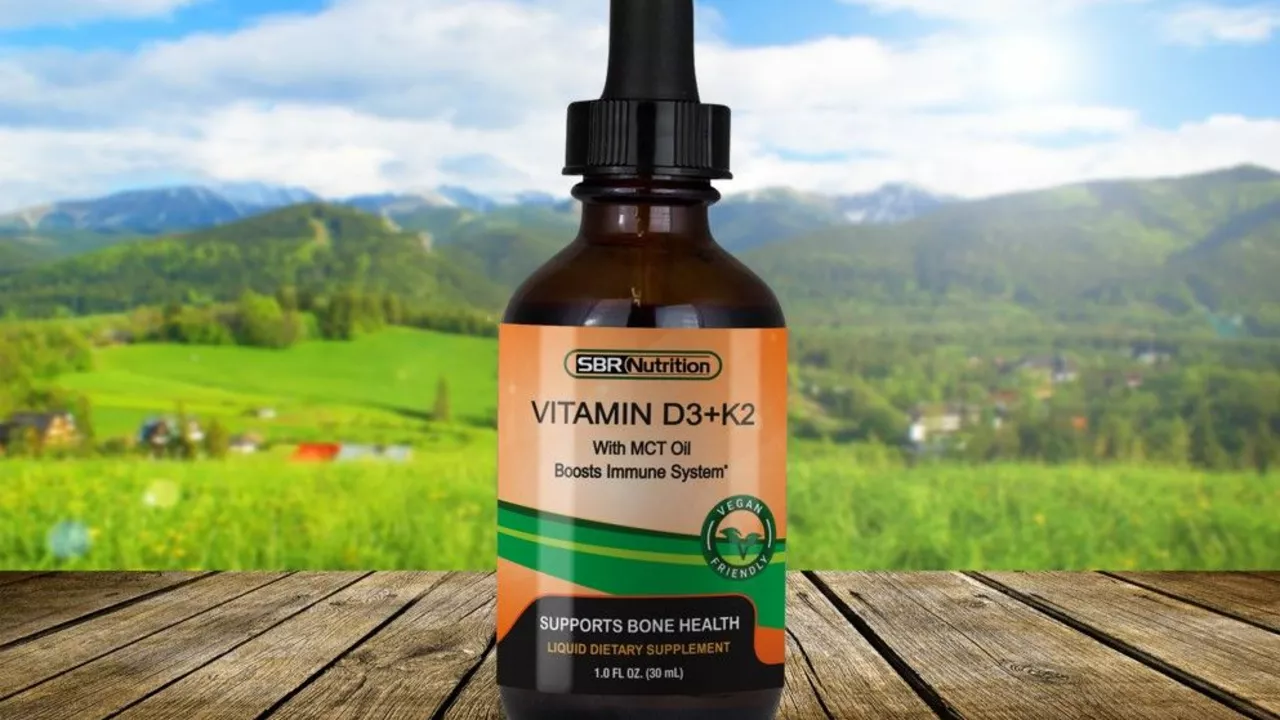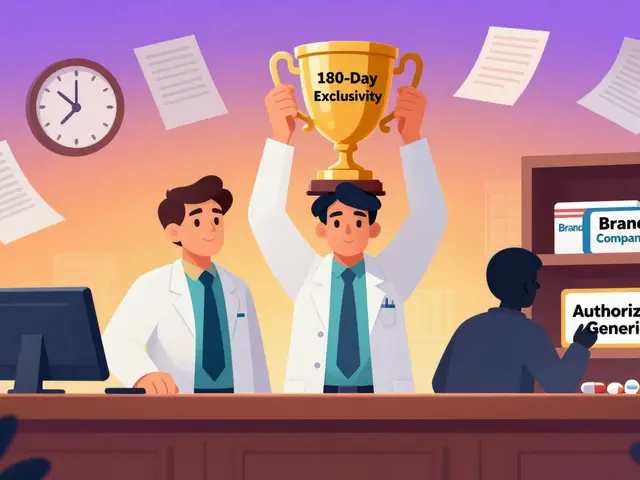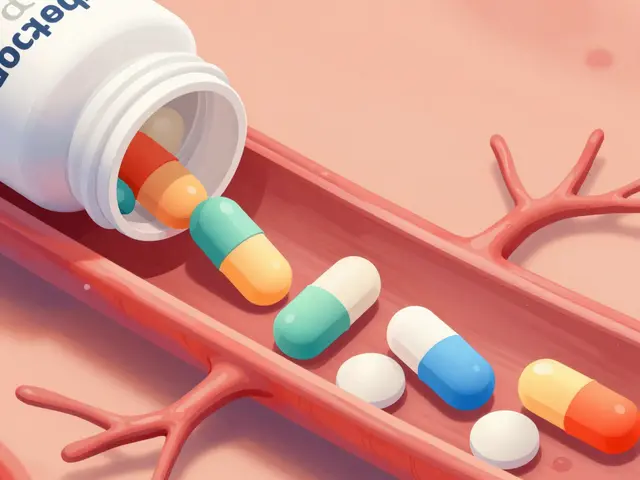Cardiovascular disease: what to watch for and what you can do
Heart disease is the top killer worldwide, but a lot of cases can be prevented or managed if you act early. This page gathers clear, practical info so you’ll know risk factors, warning signs, how treatment works, and which simple steps make a real difference.
Quick signs to watch for
Chest pain or pressure, sudden shortness of breath, lightheadedness, sweating, or pain spreading to the arm/jaw can be serious. For heart failure, you may notice growing tiredness, swollen ankles, or waking at night gasping for air. If you get sudden chest pain or trouble breathing, call emergency services right away.
Smaller, slower signs matter too: persistent fatigue, reduced exercise tolerance, or irregular heartbeat should prompt a doctor visit. Don’t ignore worsening symptoms because early checks (ECG, blood tests, echo) often catch problems before they become emergencies.
Manage risk and understand treatments
Know the main risk factors: high blood pressure, high cholesterol, smoking, diabetes, obesity, inactivity, poor sleep and high stress. Practical steps: aim for 150 minutes of moderate activity each week, choose the DASH style diet (more veggies, less salt), quit smoking, and keep alcohol moderate. Aim for a healthy waist, and check blood pressure and lipids regularly.
Treatments depend on the problem. For high blood pressure there are pills like verapamil (listed under Calan) and lifestyle changes. Blood thinners such as warfarin (Coumadin) are used when clot risk is high. Diuretics help with fluid overload in heart failure — if Lasix isn’t right for you, other options and electrolyte strategies exist. For certain genetic kidney-related salt problems, drugs like amiloride may help manage electrolytes. These are examples of topics we cover in related posts, not personalized advice. Always discuss medicines and doses with your clinician.
Beyond drugs, procedures matter: stents, bypass surgery, valve repair or replacement, and newer devices can fix structural issues. Cardiac rehab after an event improves recovery, lowers depression, and cuts repeat events — it’s worth joining if recommended.
Small changes add up. Swap sugary drinks for water, walk after meals, use stairs, and track blood pressure at home. If you have diabetes, tighten glucose control and get annual heart checks. If you smoke, ask your doctor about proven quitting aids—nicotine replacement, bupropion, or varenicline.
On this site you’ll find deeper reads: articles on warfarin management, heart-failure diuretics, verapamil use, and electrolyte care with amiloride. Browse those to learn about real-world tips, drug interactions, and what to ask your clinician.
If you have symptoms or multiple risks, make an appointment. Early action saves lives and often prevents bigger procedures. Want help finding the right article here? Say which issue you’re worried about and I’ll point you to the best posts on GenericDay.
Hey folks, just stumbled across some fascinating stuff about the sunshine vitamin, vitamin D, and our heart health. As it turns out, it's not just for strong bones! Studies show a startling link between vitamin D deficiency and cardiovascular disease. If you're lacking in the D department, you might be unknowingly inviting heart problems to your door. So, don't be a heart breaker, ensure you're soaking up enough sunlight or popping those vitamin D supplements. Your heart will thank you!



